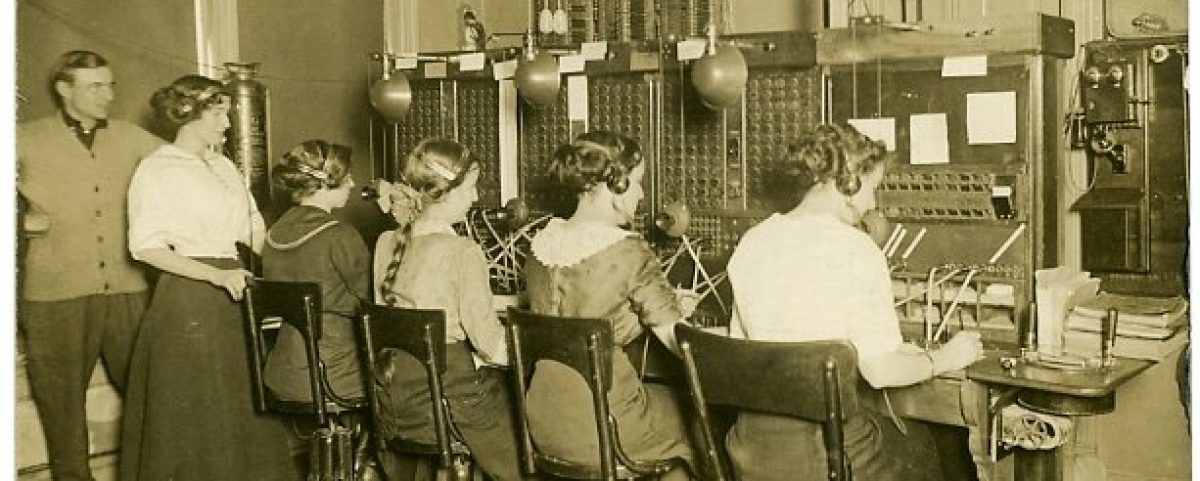 “Humanizing the War of 1812: Telling the Untold Stories along the Star-Spangled Banner National Historic Trail” is the theme of a National Park Service workshop taking place at Harford Community College on April 8th
“Humanizing the War of 1812: Telling the Untold Stories along the Star-Spangled Banner National Historic Trail” is the theme of a National Park Service workshop taking place at Harford Community College on April 8th
Dr. Allen Taylor, a national author and university professor, will open the day long workshop with remarks about his recent research into the role of African-Americans during the War of 1812. The morning session includes a living history performance, as participants engage in a discussion about using costumed interpretations to express the perspective of African-American women. In the afternoon, break-out sessions include using research to uncover the untold stories of the war, making your interpretive program engaging and developing relevant programs for youth.
I will facilitate the panel on researching untold stories. That break-out includes Dr. Taylor, a State Archives representative, and other practitioners. The subject of telling what it was like for everyday people and underrepresented groups when the war came to the shores of the Chesapeake, is something I have focused my research on for a few years so I am looking forward to that discussion. I find that there is a growing interest in the stories of these groups and the narratives of everyday people, the accounts that did not usually make the newspaper or the history books.
The afternoon concludes with a session that concentrates on using the trail network to promote the untold stories at your site. Click here for more details. Joining the National Park Service in sponsoring this program are the Maryland Historical Trust and Harford Community College.




